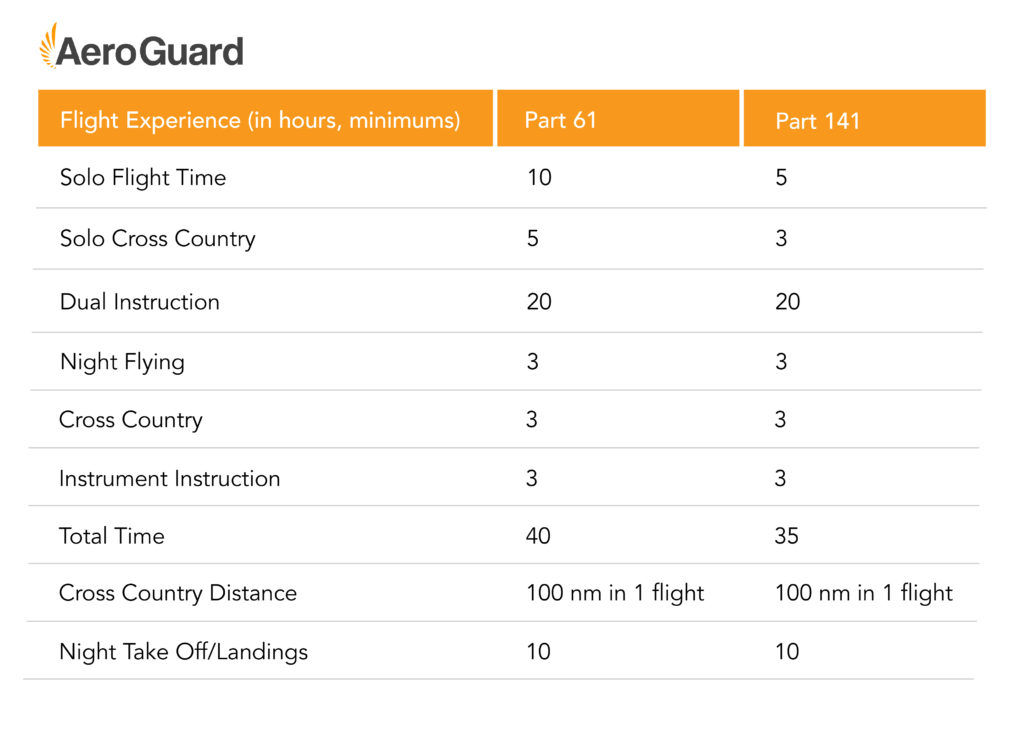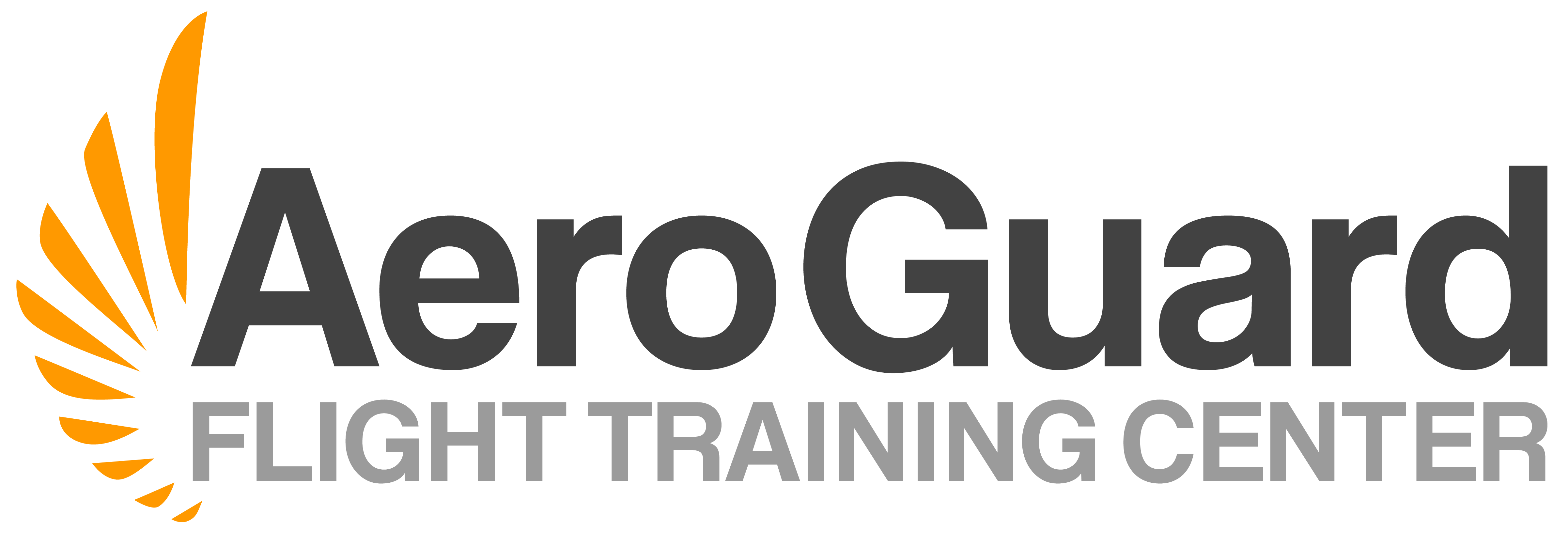Part 141 vs Part 61 Flight Schools
When new prospective pilots begin doing the research, they will often come across a wide range of acronyms, technical jargon, and arcane descriptions. There’s a reason we keep a glossary on-site! Here we will dive into what two of those terms mean: training under Part 61 or attending Part 141 flight schools.
The Difference: Training Under Part 61 vs Part 141 Flight Schools
As you may have guessed from that heading and previous sentence, Part 61 and Part 141 are different pathways to become a pilot. Both parts fall under the Federal Aviation Regulations (FARS). While they both require the same standard of performance, they vary in certain requirements and the ‘strictness’ of the curriculum. To put it more simply, Part 61 are the standards to certify a pilot while Part 141 is for certifying flight schools.
As an example, here are the requirements of each to attain an initial Private Pilot License:

On paper they look virtually identical, don’t they? But when put into practice it makes for a different experience.
Part 61 Flight Schools
Part 61 is a ‘simpler’ set of standards to be sure. Despite requiring a bit more time in total hours (and remember these are all minimums) it allows for more flexibility in the process. The initial process can even be completed independently of a school, under a flight instructor. This makes it an option for those who are part-time students, looking to pursue flight training as more a hobby, or at a less regular pace. They can also learn under just about any flight instructor they prefer if they feel it’s a good match.
Note however, that a pilot who is really driven to start their career ASAP can leverage the Part 61 requirements and the structure of school to their benefit. More on that in a second.
Part 141 Flight Schools
Part 141 flight schools are much closer to a ‘school’ experience, as its curriculum is created typically for professionals. It is a more structured training environment that is better suited for full-time, career-oriented students. If a student is particularly capable, it can also be possible to advance and complete certificates in fewer hours, should the curriculum be approved for that.
While both Parts are under those same FAA standards, AeroGuard, being part 141 approved, approaches the training of pilots, with equal standards and expectations of our students! The learning environment operates efficiently, training pilots toward the career in the sky they are pushing for, supporting those who want to get in, get to it, and get going.
That structure, while a positive for some, isn’t for everyone and may be too rigid a program for those not planning on pursuing an aviation career. The faster pace involved can also overwhelm some students, should they not be keeping their heads in the cockpit.
Regardless of which you personally choose to pursue, the path to become a private or commercial pilot is a rewarding one. AeroGuard is committed to creating and operating a curriculum that is designed to create success for all of our cadets, to give them the tools they need to then become CFIs, accrue their flight time and make it onto the commercial big leagues. By leveraging a curriculum based around Part 61 and meeting the requirements of Part 141, AeroGuard is the best of both worlds, and provides structure, the environment, and networking to jumpstart careers.
Want to know if AeroGuard is right for you? Contact our advisors today and see what steps come next!

